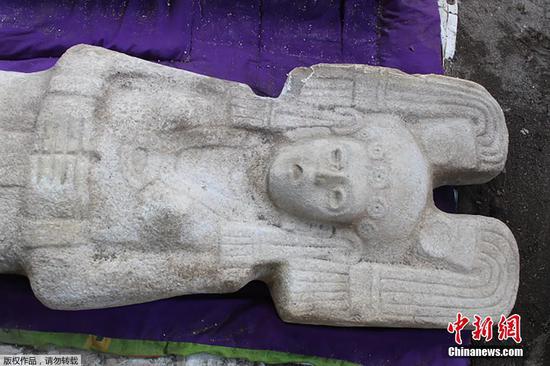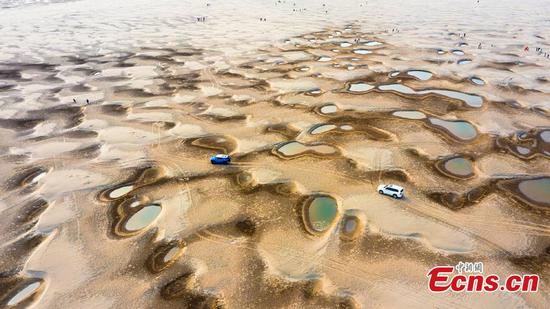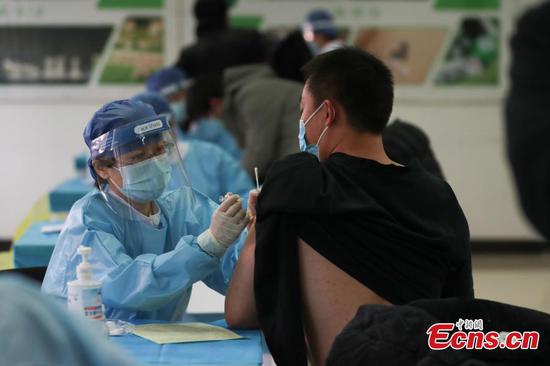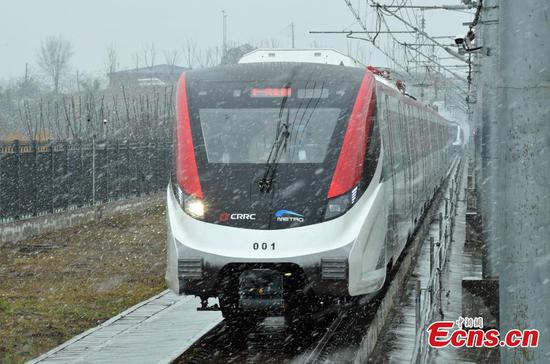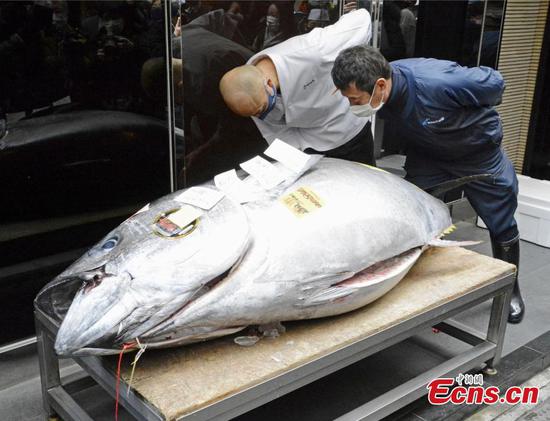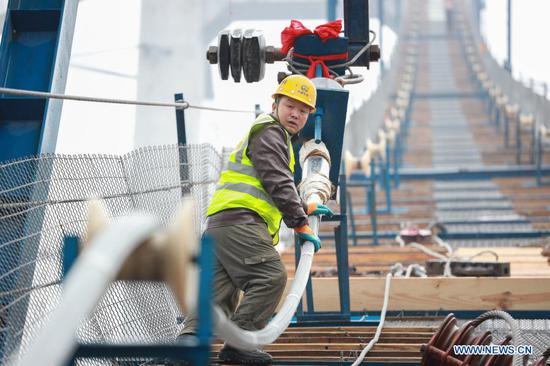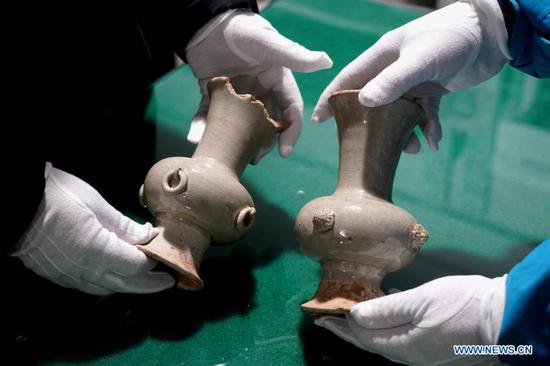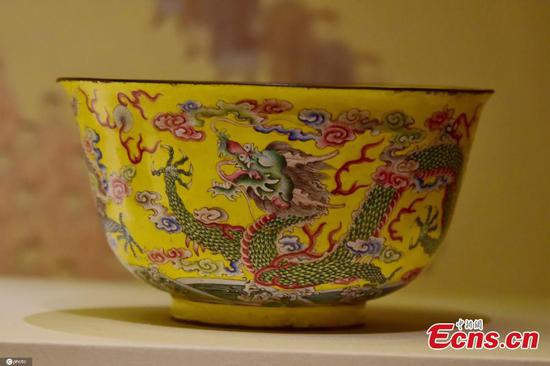Researchers in north China's Tianjin Municipality have developed a new synthetic enzyme with great application potential in treating neuroinflammation including Alzheimer's disease (AD) and cerebral injury.
The enzyme, named "clusterzyme," was designed by the researchers from Tianjin University through single-atom substitutions. It has been proven catalytically potent and selective for modulation of neuroinflammation. Its antioxidant activity is 160 times that of water-soluble natural Vitamin E and nine times that of anthocyanin, according to the team.
In the experiments, the clusterzyme effectively eased neuroinflammation in mice with brain injuries and significantly decreased their inflammation factors. In particular, the small size of the artificial enzyme enables it to be naturally filtered out by the kidney, which means that using drugs containing clusterzyme may avoid damage to organs such as the liver and kidney, the team said.
As a crucial catalyst in organisms, enzymes can increase the speed of chemical reaction more than 100 times under normal temperature and pressure, and thus have great utilization value in the field of medicine, such as neurology, tumor treatments and biosensors. The substance is also widely used in agriculture, food and chemical industries.
However, most of the natural enzymes are hard to prepare and store, as they show poor stability and require harsh catalytic conditions, making it difficult to achieve large-scale application.
The discovery is believed to have great potential in biomedicine, especially neuroscience and engineering. The scientists plan to improve the targeting functions of clusterzyme and to explore its therapeutic potential in treating AD and other major neuroinflammation and diseases, said Zhang Xiaodong, who leads the team.
The study was published online Thursday in the journal Nature Communications.










